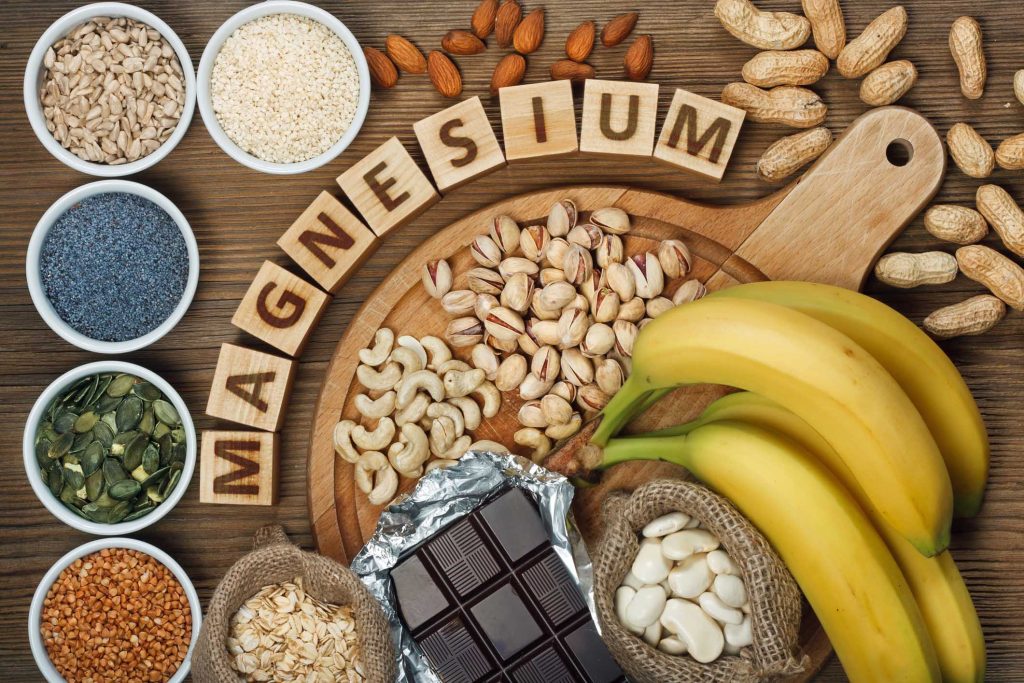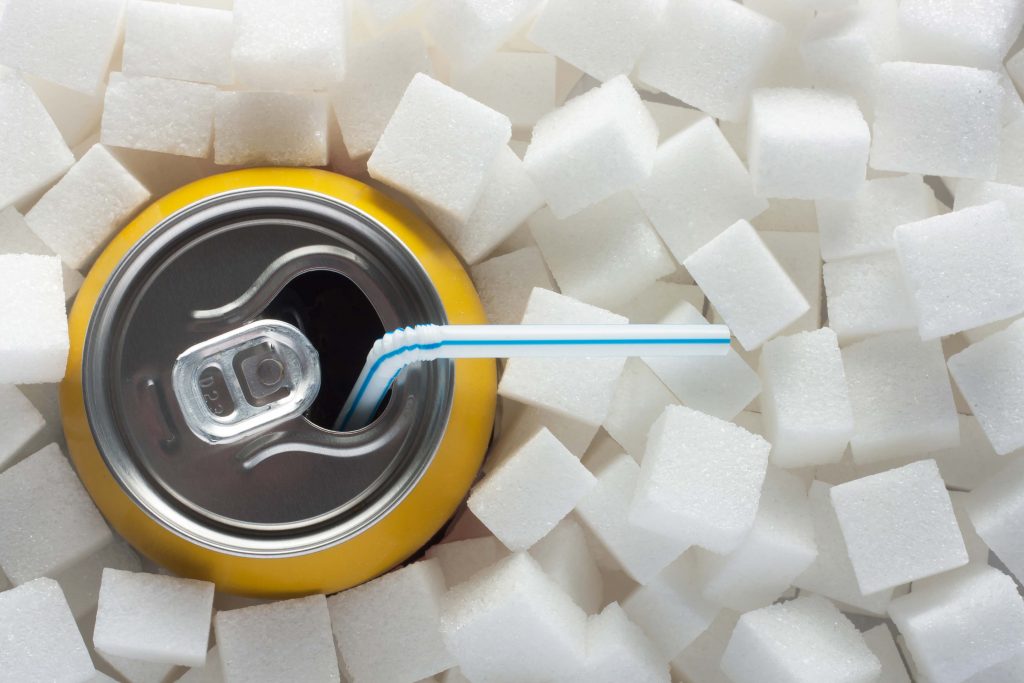In episode 102 of his video series, Dr. Larson discusses:
High blood pressure is a risk factor for cardiovascular disease: heart disease, and stroke. And it is also very common and manageable at all stages. One of the major problems with high blood pressure is that it doesn’t always accompany symptoms. So often, people have high blood pressure and don’t know until they go in for a routine check evaluation and find out that their blood pressure is way too high and out of range – or they find out after it has already turned into a problem.
When blood pressure is too high, it puts a whole lot of stress and strain on the cardiovascular system. And it can make everything age faster and be more vulnerable to injury and damage, which is why it is a major risk factor for disease. High blood pressure is a risk factor for strokes because it puts a lot of strain on the cardiovascular system, which makes the brain vulnerable to having blood vessels burst or clot and cause damage.
There are two different kinds of strokes. One type of stroke is an ischemic stroke, which literally means “lack of blood flow and oxygen”. The ischemic type happens when blood vessels are clogged or they collapse and that inhibits proper blood flow to certain parts of the brain. And when that happens, neurons start dying, and symptoms show up immediately. About 85-90% of strokes are ischemic strokes.
They don’t just happen to 70 or 80-year-olds, they can happen to anyone at any age. The other type of stroke is called a hemorrhagic stroke, and it occurs in about 10-15% of strokes. Hemorrhagic stroke happens when a blood vessel pops open and blood leaks into the neurons, and it causes damage. The symptoms are usually the same.
It is imperative that you learn the acronym FAST. F stands for facial drooping and A stands for arm weakness. If you suddenly can’t use your right hand, that might be a key signal to seek emergency medical care. S is for slurring speech, and T stands for “time to call 911”.
DR. CHAD LARSON
The sooner that you can get to the hospital and they can intervene in the problem, the better your outcome will be. There are some really great emergency protocols that hospitals can take. And the faster you seek, the faster the neurons can recover, and the better your outcome will be. But if it goes on and on because you either can’t get help or you choose to ignore it, it can get worse. Symptoms come on very quickly. And once you recognize them, you will want to get to a hospital as soon as you can.
There are natural ways to help with high blood pressure, dietary changes you can make, and pharmaceutical aids. If your blood pressure is significantly high, then pharmaceutical options might be necessary. When high blood pressure is mild to moderate, it is very treatable with natural options.
You need to know what your blood pressure is so you can know your risk for stroke and heart disease. If your blood pressure is normal, then keep up the good work! However, if it is consistently too high, seek management FAST!







